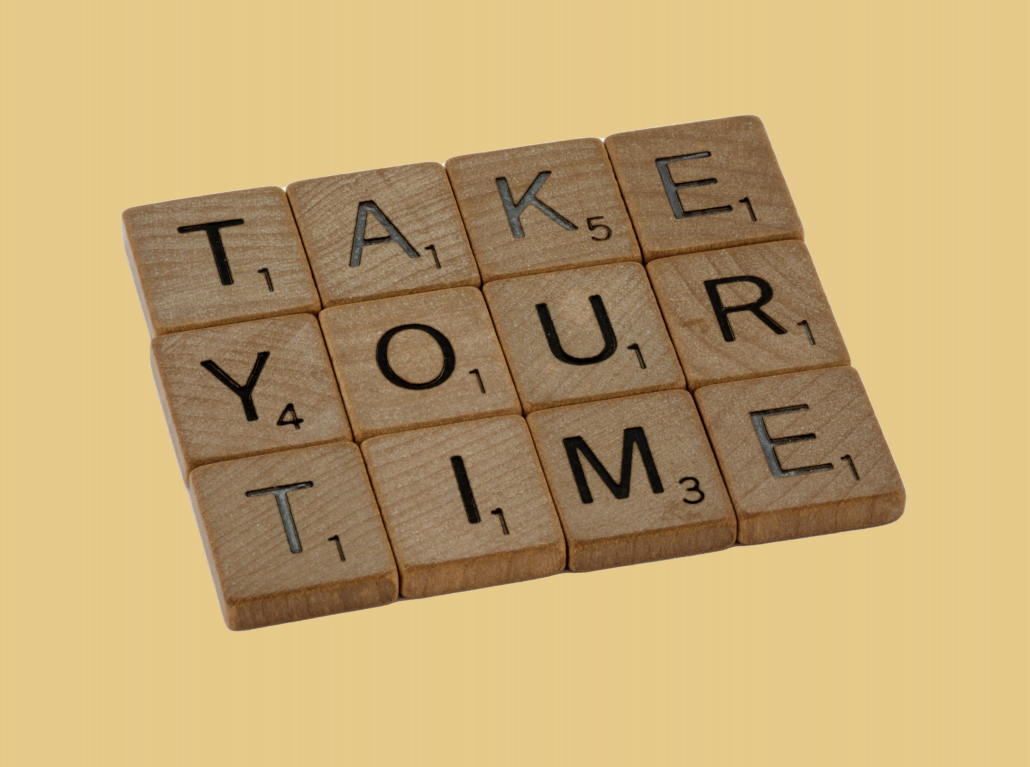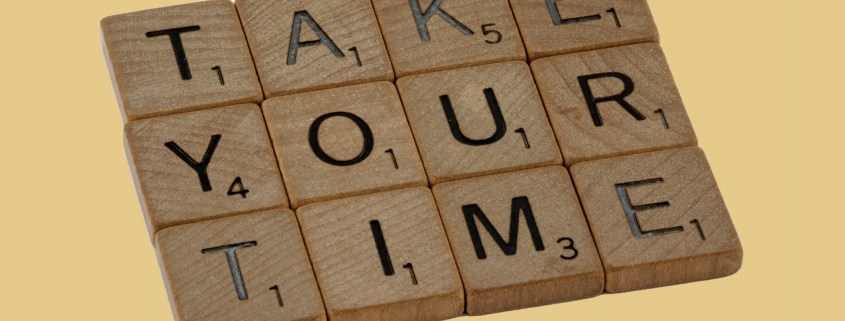What happens in the workplace should stay in the workplace

While my friends were chilling by the beach or tailgating their asses off over Labor Day weekend, I found myself frantically going through Daily Trojan staff applications — which are due next Friday for staff writers for those interested. Yet again, I had brought my job home with me.
As an editor, it’s honestly inevitable. But, considering that I spent the majority of my time working on assignments and planning out my pitch sheet on a national holiday dedicated to the American organized labor movement’s achievement with the 40-hour work week, I began to question my habits.
The pandemic forced nearly everyone to adapt to some form of remote or hybrid work, but despite the spotlight moving away from the coronavirus, workers and students alike have kept their work habits from the pandemic. According to The Washington Post staff writer Andrew Van Dam and research done by economists José María Barrero, Nicholas Bloom and Steven Davis, “Almost two-thirds of work was done remotely [at the height of the pandemic]. But it has since stabilized at an extraordinarily high level: Around a third of work was done remotely in the United States in 2021 and 2022.”
Working remotely may have its benefits (such as flexibility and cost efficiency), but let’s stop bringing our job home with us. I know that I’m preaching to the choir and it’s a lot easier said than done, though.
For many, work is a Slack message or email away. I can’t count the number of times I’ve told myself, “that pesky red notification badge must go, just open one more email” and found myself at my desk until ungodly hours.
California might be contemplating the four-day workweek, but we still find ourselves in longer workdays. Los Angeles Times writer Joe Robinson found that, “70% of remote workers say they work on weekends, and nearly half report they work longer than when they were at the physical job site.” This is a statistic I’m all too familiar with but don’t have the mental or physical capacity for.
By now, everyone should know the correlation between overworking yourself and debility. If you don’t, here are some terrifying statistics that might convince you to put a bit more effort into working just a bit less.
About 83% of workers in the U.S. suffer from chronic stress related to work, and the National Institute for Occupational Safety and Health can back me up when I tell you that your workaholic behavior is detrimental to your wellbeing. They even found that this overworking behavior doesn’t increase your productivity one bit in comparison to those who abide by the 40-hour week.
On top of that, the World Health Organization recorded an average of 745,000 deaths globally each year due to stroke and heart conditions that were attributed to long working hours.
Despite all this information circulating around like a broken record, we have yet to learn our lesson. Many of us already have boundary issues in our personal relationships; we can’t afford to add professional boundaries to that list.
I’m obligated to tell my staff to keep their notifications on so that I can reach them, but to everyone inside and outside of the Daily Trojan, create designated times and areas to check your work emails and messages. When you have the day off, actually take the day off. Go to the beach. See a movie. Sleep in. Pick up a self-help book on productivity and breaking away from overworking. Whatever you do, give yourself a real break.
We all have our respective responsibilities, but we won’t get anything done properly as a pent-up, burnt-out ball of stress. I don’t know who needs to hear this, but it’s okay to take some time off. Your well-being comes first. It doesn’t matter that we are only on the third week of classes. It doesn’t matter if you’re a senior facing an existential crisis about what to do with your life once your undergraduate career ends. We all have our limits, and surpassing them won’t do you any good. Your well-being comes first, so if you’re feeling overwhelmed, please know that you’ll be okay after taking a well-deserved break. Just remember to update your boss or professor and don’t put off those assignments indefinitely.

